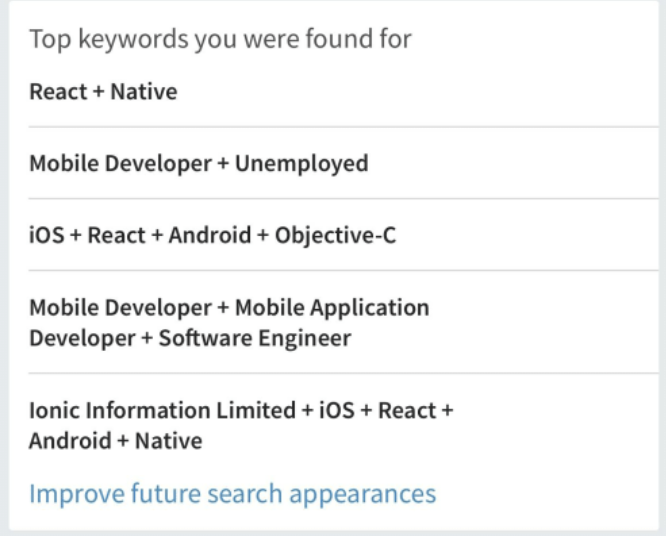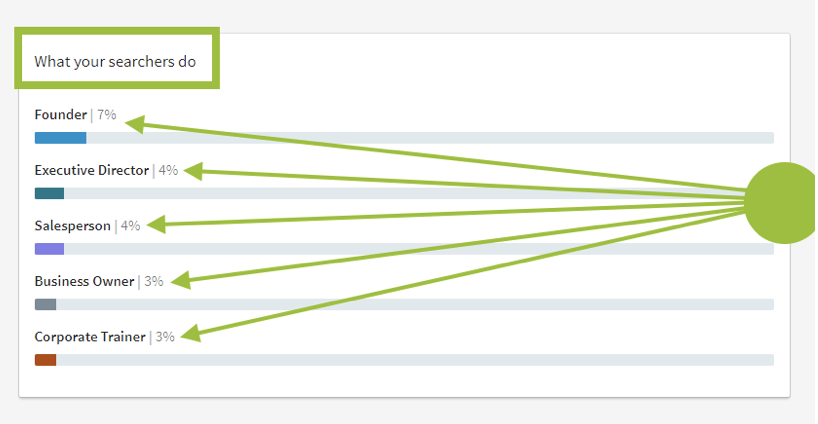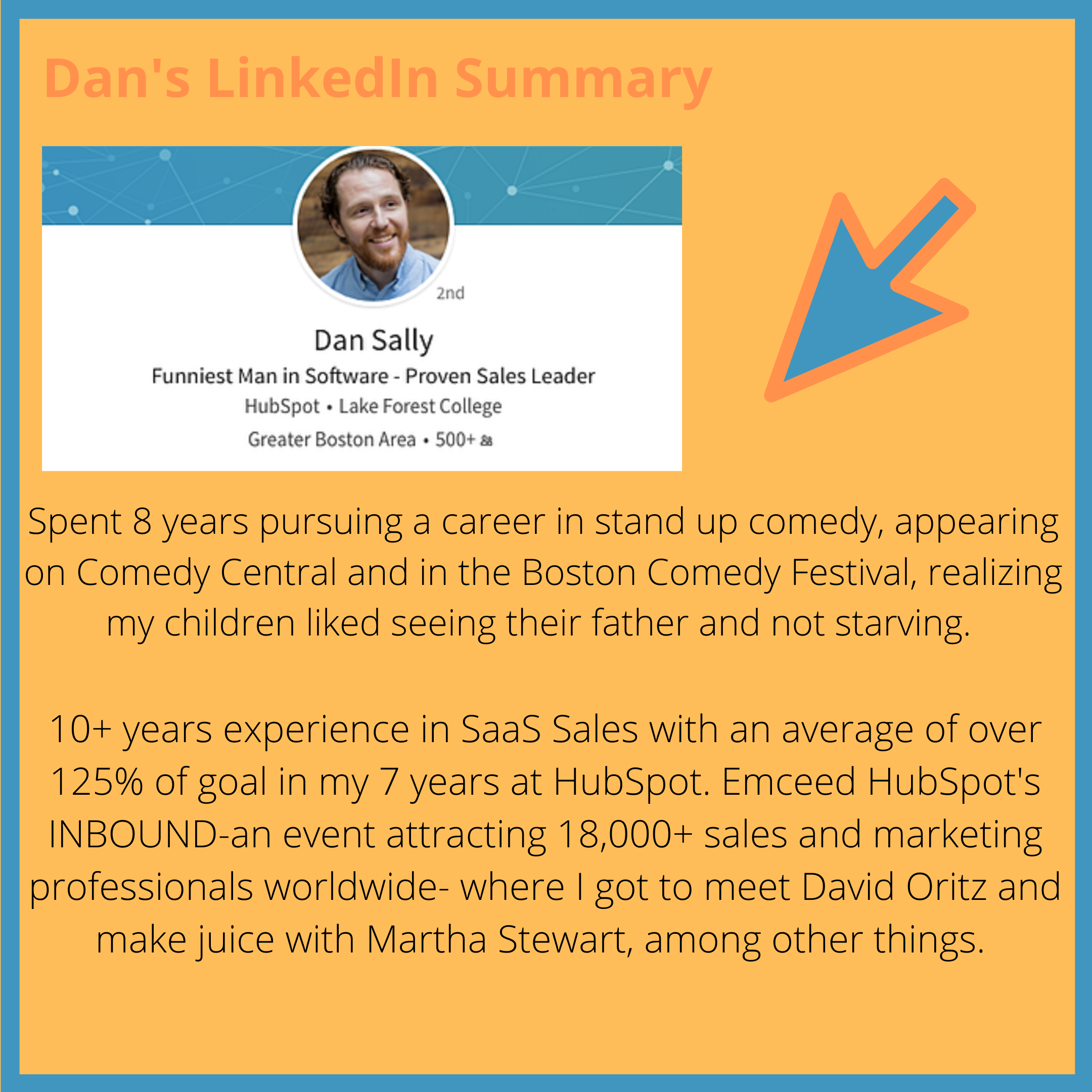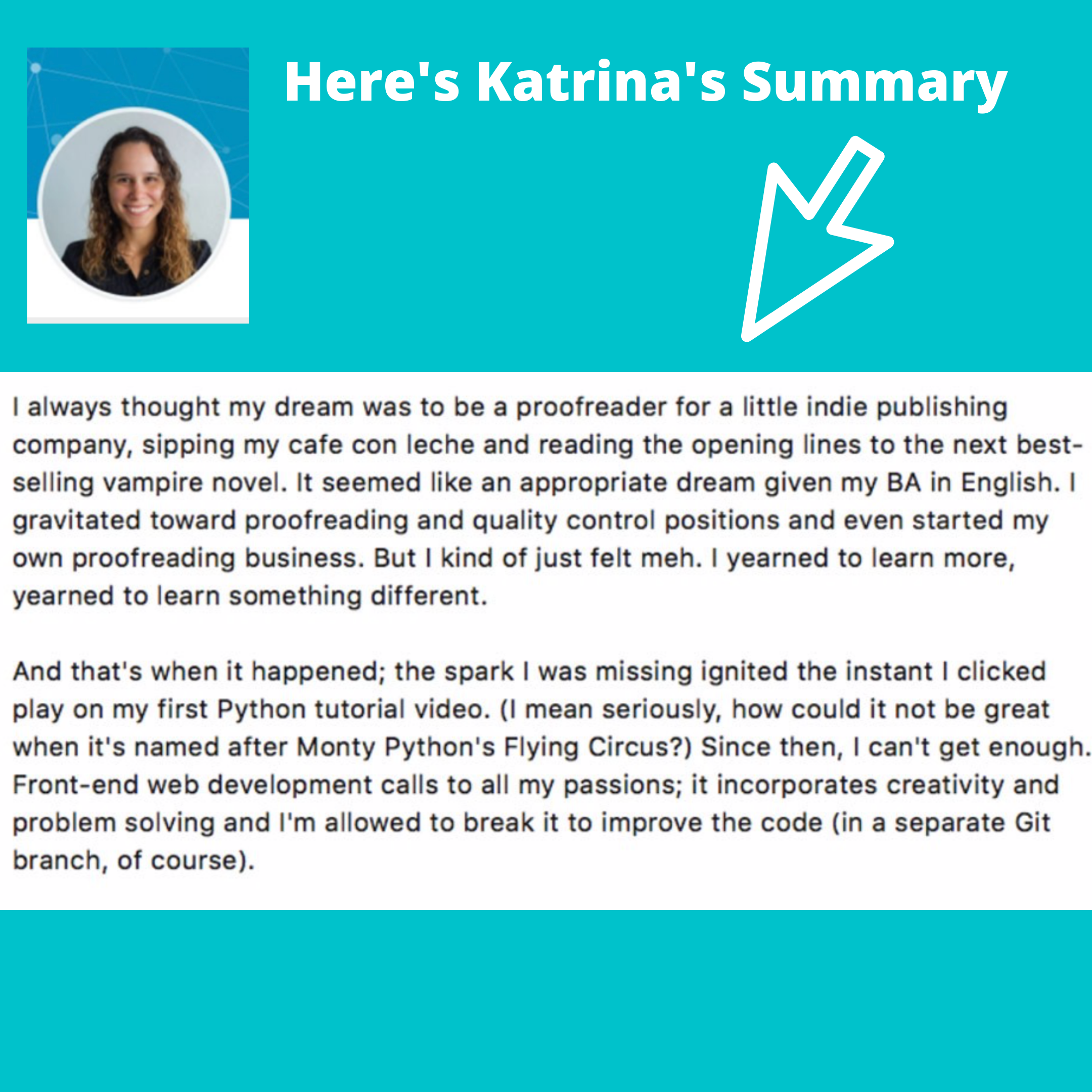When professionals join LinkedIn, they enthusiastically start adding their resume and accomplishments, but they overlook something just as important: the summary section. Your summary is the text box at the top of your LinkedIn profile. It’s space where you can provide an overview of your professional career and interests.
Contents
Why do you need the LinkedIn Summary Section?
1) More Space to Tell Your Story
Unlike other sections, the summary section allows up to 2,000 characters (or 300-350 words). That much space allows you to strengthen your profile with a personal anecdote.
2) First Impressions on Recruiters
This section also allows you to make a good first impression. When prospect
ive employers are looking through y
our profile, the summary section is one of the first things they see. They want to see your accomplishments, your educational history, and career history, which the summary section helps highlight.
3) Introducing Yourself in a Professional Setting
Since LinkedIn is a networking hub, do not be afraid to show off your career interests and personal motivations. In a way, it helps employers see a different side of you, a well-rounded candidate.
4) Expanding Your Network
LinkedIn uses interests and accomplishments from your summary section to optimize and inform your LinkedIn searches. Instead of spending time looking through certain jobs on your feed, jobs will automatically pop up based on your interests. Thus, it is best to be as specific as possible in your summary.
How to Write A Great LinkedIn Summary
Start Strong
By default, LinkedIn shows the first 2 to 3 lines of your summary. Therefore, those lines should be the most important. You have to grab your viewers in with a catchy hook. You can use different starting strategies like the “The Mission-Based Summary,”a broad description of what you do which becomes more specific as it goes. Or try “The Personality Summary,” an anecdote that demonstrates one or two key personality traits. For more summary starters, check out 5 templates that’ll make writing the perfect LinkedIn summary a total breeze.
Make your LinkedIn Summary Keyword Rich
Like other SEO companies, LinkedIn relies on keywords to strengthen your job search. In fact, most recruiters use keywords to find ideal candidates, so customize your own keywords to benefit your profile.
To do so, click on “Search Appearances” under the dashboard section of your summary. They look at your keywords and compare three or more other job descriptions that match your interest.  This picture shows what your recruiters are looking for when they are viewing your profile.
This picture shows what your recruiters are looking for when they are viewing your profile.
If you don’t see any search appearances or relevant terms, then your profile keywords aren’t optimized for potential recruiters. Check out this article on keyword research to help customize your search, Keyword Research Tips for Blogging: Focus on Long-Tail.
Open up about Your Career, Past and Future
Your summary is brief, but it is the perfect amount of space to show off your skills, experience, and professional interests. In particular, recruiters and future employers are looking for your ambitions and past success. For instance, Katrina Ortiz, a lead software developer at Insurance Technology Inc, writes about her career change. By doing so, she encourages her recruiters to be compassionate about her decision to switch. Placing these personal anecdotes and ideas in your summary will help highlight your career history and future.
What are your greatest accomplishments?
While you should sprinkle your achievements throughout your LinkedIn profile, your summary section is the perfect place to amplify your past achievements, or even past mistakes. For instance, Dan Sally writes an appealing and funny summary about his past career as a comedian. It highlights both his mistakes and achievements all in one.
For more examples of how to display your accomplishments in a humorous or engaging way, check out these other Linkedin profile summaries.


When recruiters are looking for a person to hire, they want someone who is both professional and well-rounded. If your summary section is completely professional then it is harder to compel and develop any compassion for this candidate; however, if you add a personal aspect to your summary then more employers would want to interview you or even hire you.


